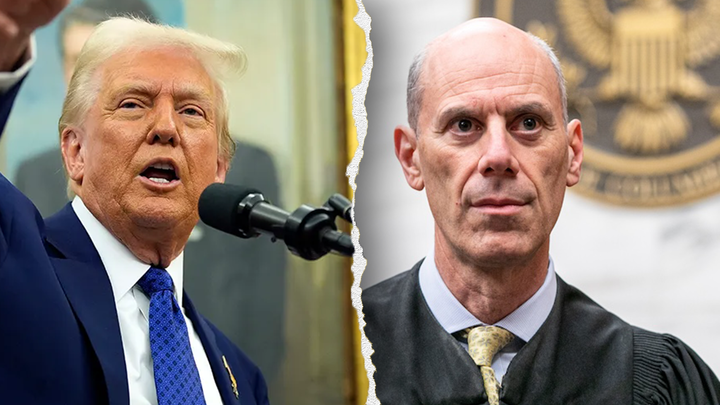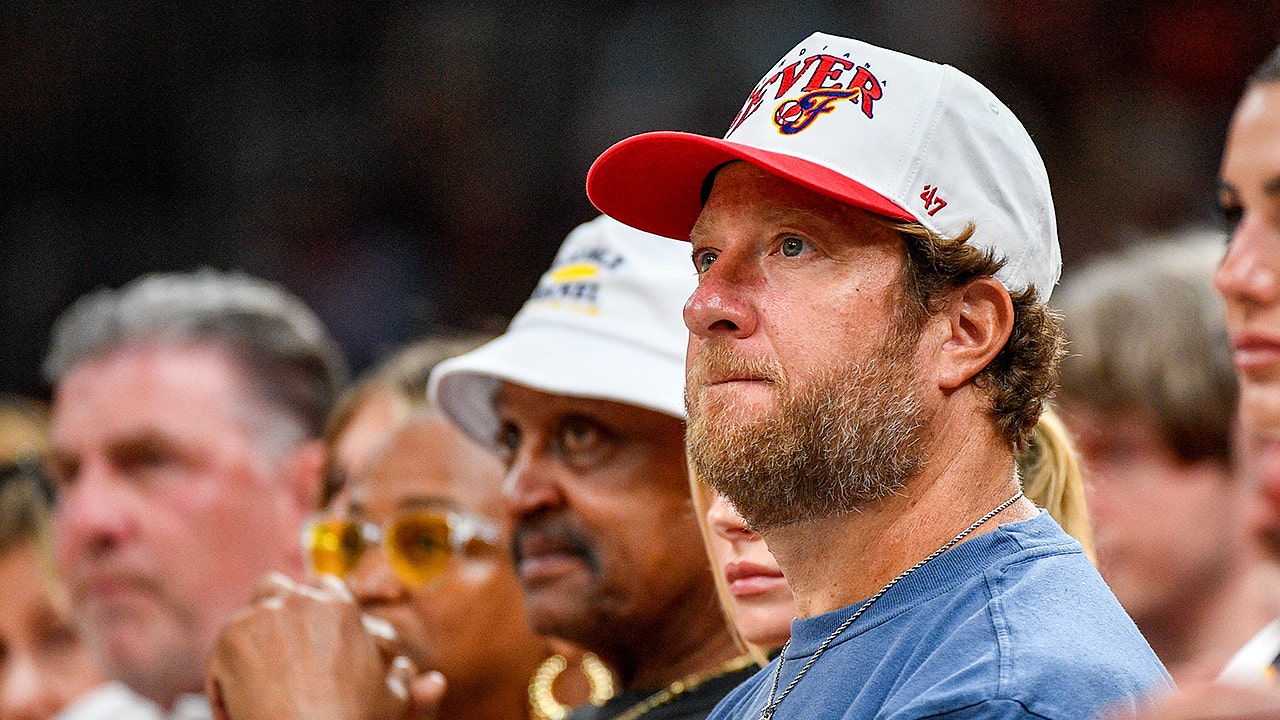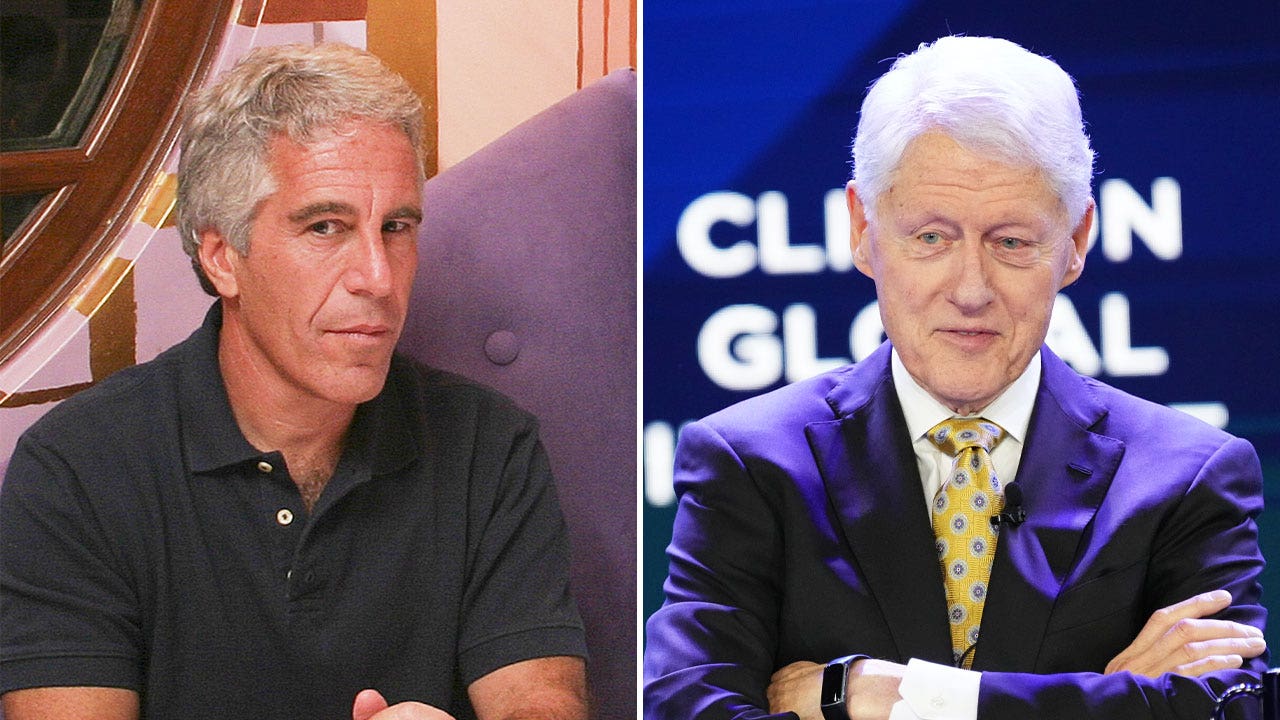Judge probes Trump deportation flights that may have violated court order

A federal judge is set to hear from government lawyers on Thursday to determine whether the Trump administration defied court orders by deporting hundreds of migrants to El Salvador last month. This hearing marks the latest clash between President Donald Trump and U.S. District Judge James Boasberg. Trump has publicly criticized Boasberg as an “activist” judge and even called for his impeachment.
The issue at hand is whether the administration knowingly violated Boasberg’s emergency order, which temporarily blocked the deportations and mandated that any individuals deported under the 1798 Alien Enemies Act be immediately returned to U.S. soil. Despite the order, flights carrying migrants, including those deported under the ancient law, landed in El Salvador the same night.
El Salvador’s President, Nayib Bukele, sarcastically commented on the situation with a simple “Oopsie…” on social media. Boasberg, who issued the emergency orders, has expressed his intention to determine whether the administration knowingly violated them and who should be held accountable.
During Thursday’s hearing, Boasberg is expected to address various questions, including the number of planes that left the U.S. carrying individuals deported solely under the Alien Enemies Act, the number of individuals on each plane, and the departure time and location of each flight. Despite the administration’s appeals to the D.C. Circuit and the Supreme Court, Boasberg is adamant about seeking answers.
The Alien Enemies Act, rarely invoked in modern times, has been used by the Trump administration to expel alleged dangerous individuals, such as members of the Tren de Aragua gang. However, plaintiffs argue that its peacetime use is unprecedented and not justified.
The case has sparked a debate over the balance of power between the judiciary and the executive branch. Trump allies have criticized the courts for overstepping their boundaries, while Chief Justice John Roberts has rebuked calls for Boasberg’s impeachment. The White House has continued to criticize the lower courts for infringing on the president’s authority.
In conclusion, the hearing on Thursday will shed light on whether the Trump administration violated court orders and the potential consequences of such actions. The case highlights the ongoing tension between the executive branch and the judiciary, with implications for the balance of power in the U.S. government.




